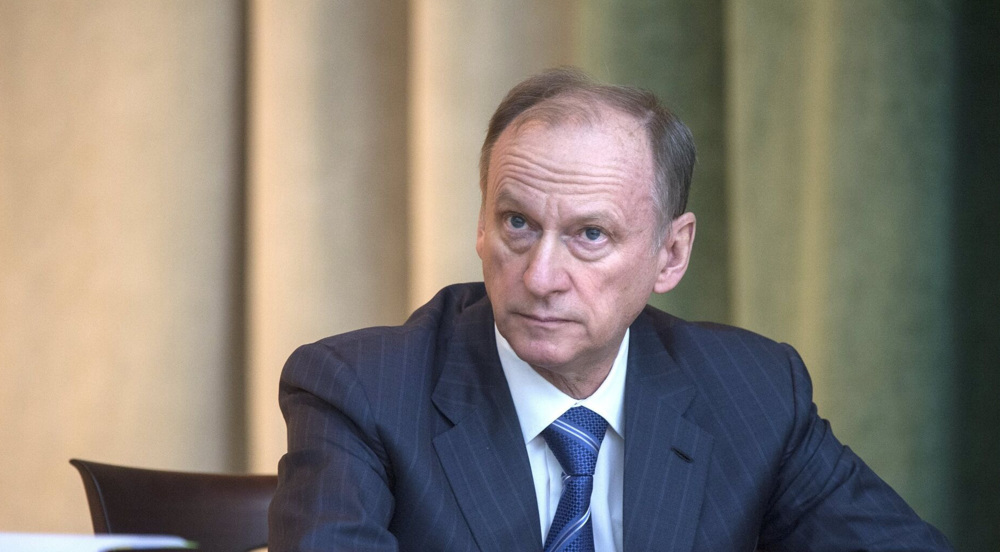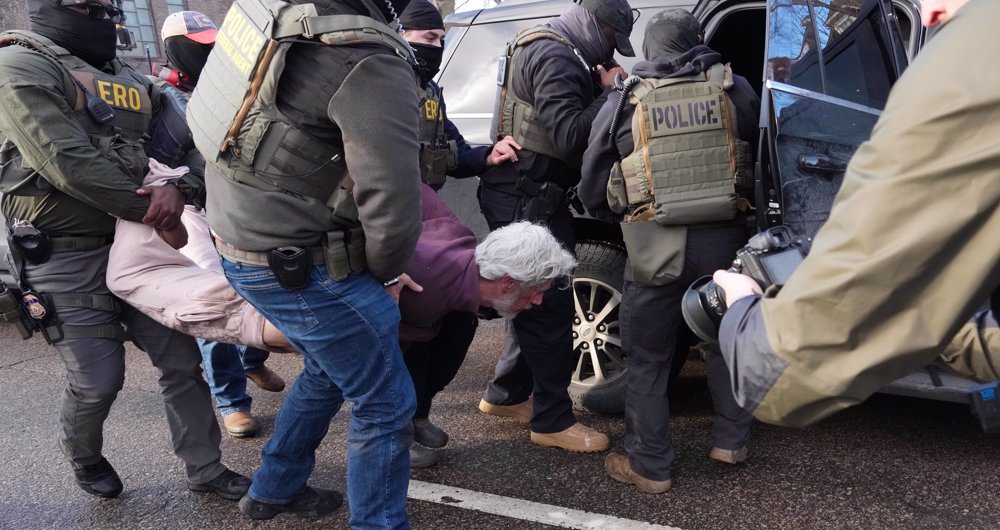NATO to deploy troops to Romania as part of eastward expansion
The North Atlantic Treaty Organization (NATO) says it will send units to Romania as part of plans to expand its presence in Eastern Europe, a source of controversy with Russia.
NATO Secretary General Jens Stoltenberg announced the decision on the sidelines of a two-day meeting of the Western military alliance’s defense ministers in the Belgian capital, Brussels, on Tuesday.
Stoltenberg told reporters that NATO would take up an offer by Romania to deploy forces in the eastern European country, without elaborating on the number of troops.
The development comes a month after the alliance formally opened a missile system base in Romania, prompting Russia to say that it will take counter-measures against what it denounced as a threat to its security.
Elsewhere in his remarks, the NATO chief noted that despite the build-up of troops, the military bloc avoids tensions with Russia.
"We convey a very strong message about that we don't seek confrontation with Russia. We don't want a new cold war and we will continue to strive for a more constructive and cooperative relationship with Russia,” he said.

Stoltenberg further emphasized that the alliance will formally approve the deployment of four "robust" multinational battalions in Poland as well as the Baltic states of Lithuania, Estonia, and Latvia.
"We will take decisions on a tailored presence for the southeast region, with a land element built around a multinational framework brigade in Romania," he said.
This unit will "organize and facilitate NATO activities in the region related to exercises and also assurance measures," he added.
The four battalions, which would tour through Eastern Europe and conduct drills with national troops, are likely to number 2,500-3,000 troops combined with the small force designed to act as a tripwire, according to diplomatic sources.
NATO has stepped up its military build-up near Russia’s borders since it suspended all ties with Moscow in April 2014 after the Black Sea Crimean Peninsula re-integrated into the Russian Federation following a referendum.
Moscow has repeatedly repudiated NATO’s expansion near its borders, saying such a move poses a threat to both regional and international peace.
Last month, NATO formally invited Montenegro to become its 29th member, forcing the Kremlin to warn that the decision risked fueling geopolitical tensions across Europe.
Iran’s layered arsenal primed to deter – and decimate – US warships in Persian Gulf
Iranian commander dismisses US military buildup in West Asia as ‘theatrical gesture’
Trump ‘curious’ why Iran hasn’t ‘capitulated’ despite massive US military buildup: Witkoff
Hawkish US senator pushes Trump to ignore aides, press ahead with war against Iran
Far-right, anti-Islam protest sparks counter-protests in Manchester
Press TV's news headlines
Sudan’s mining sector suffers $7 billion loss amid ongoing civil war
Ansarullah slams Israel’s massacre in east Lebanon, urges unified Arab action















 This makes it easy to access the Press TV website
This makes it easy to access the Press TV website